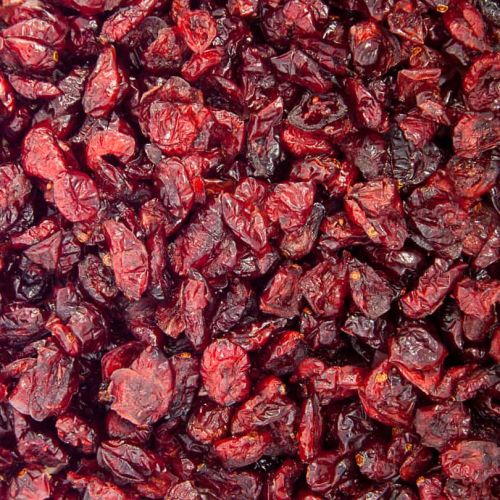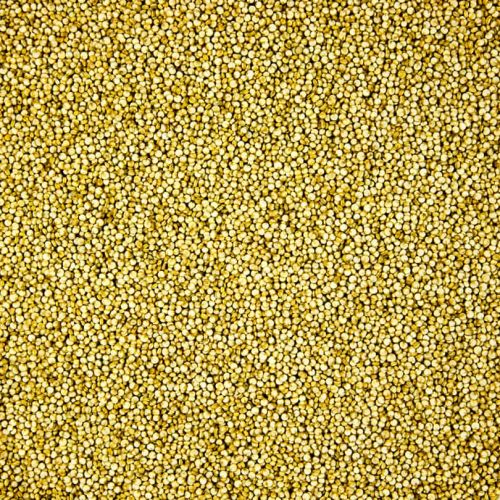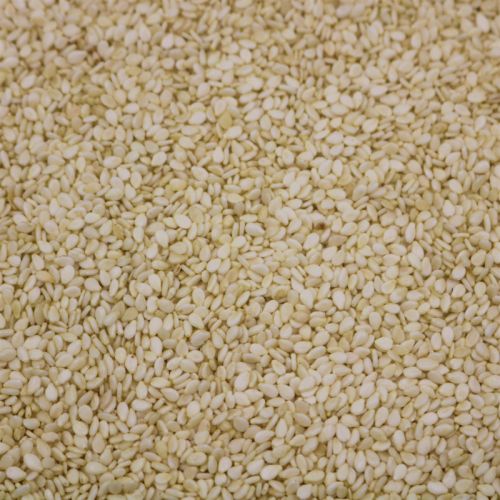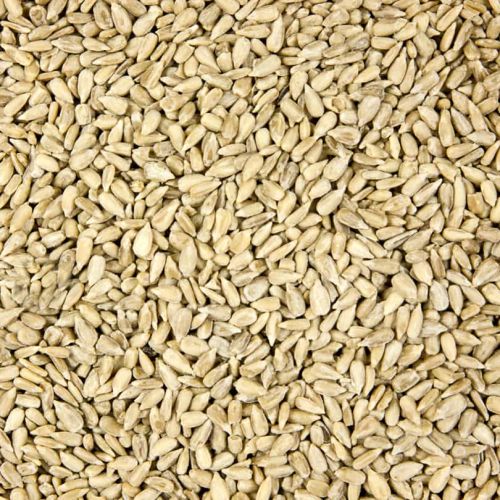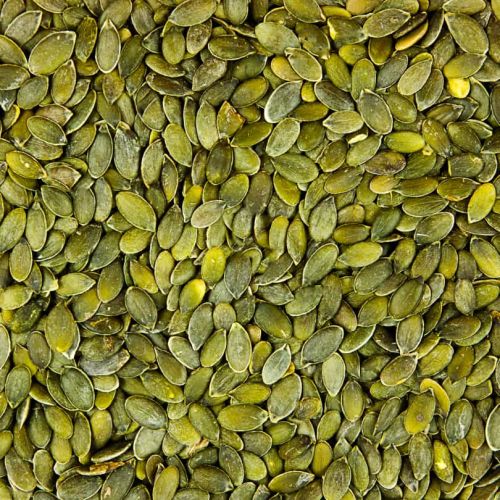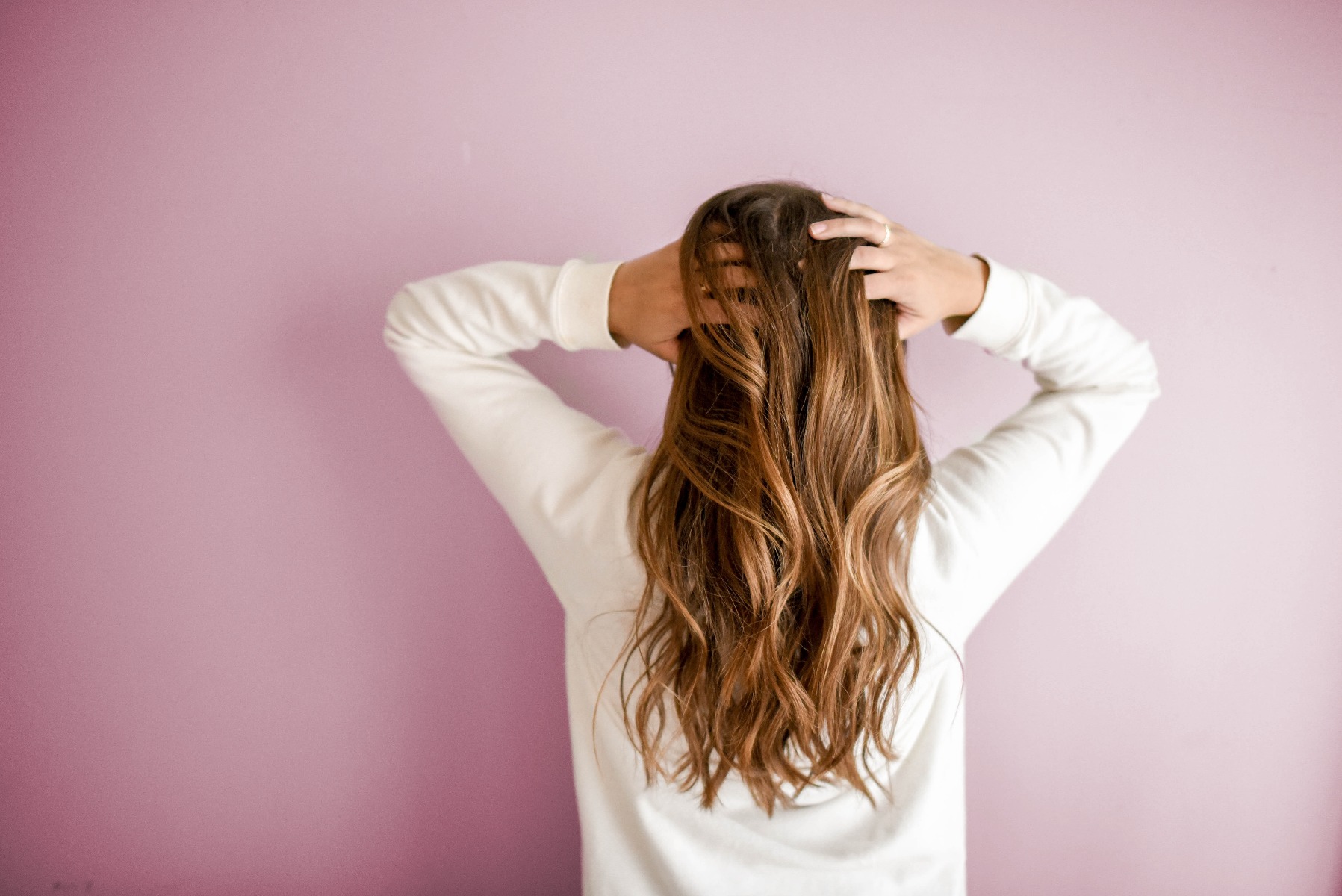
If you are having a bad hair day it may well be an early warning that there is something wrong with your diet.
Our hair reacts extremely quickly to deficiencies in what we are eating.
Hair cells are the second fastest-growing part of the body (the first is bone marrow) and as such they rapidly begin to suffer if they are denied their essentials.
That can mean a fall off in the regular growth rate of half an inch (1.2cm) a month, brittleness and even hair loss.
But focusing on hair nutrition is important not just because of the way you look.
Many of the nutrients that bring a sheen up top just happen to be among the essential elements of the diet for the rest of the body as well.
Which means if you are eating well for your hair you are well on the way to taking care of everything else that lies beneath it.
So, here is our guide to the key nutrients that will deliver those good hair days and where to find them in Grape Tree.
The NHS stresses that losing 50 to 100 hairs a day is quite normal but anyone suffering sudden or dramatic loss should consult their GP.
Protein: As each hair is made of protein not eating enough of it is likely to rapidly result in a dry and brittle result up top. Experts have warned that those switching to a plant-based diet, as so many have at the start of the new 2020 decade, may well see an effect on their hair quality if they fail to ensure a proper protein intake.
Official guidance is that your daily diet should include 0.75g of protein for each kilogram of bodyweight. So, if you weigh 75kg (around 12 stone) you should eat 56g of protein a day. Top protein sources at Grape Tree include lentils (24% protein); nuts (peanuts are 25% protein and cashews 17%); seeds (sunflower seeds are 19%, pumpkin seeds 25%); whole grains (oats are 16% and quinoa is 13%).
Iron: Having an iron deficiency is a major cause of hair loss as well as loss of energy, itchy skin and heart palpitations. Adult males need 8.7mg a day but females from adolescence to the age of 50 need vastly more at 14.8mg. This is because of the iron losses in menstruation.
While meat and particularly liver have high levels of iron the top plant-based sources pulses, nuts, dried fruit and seeds and dark green vegetables. In a hundred grams lentils have 6.5mg of iron; dried apricots, figs and dates all have over 3mgs, sesame seeds have over 10mg and cashews over 6mg.
Vitamin C: Vitamin C protects the cells in hair follicles from damage as well as helping the body to produce collagen which, among other things, strengthens hair and prevents it becoming brittle. Vitamin C also helps with the absorbing of iron. Adults require 40mg per day. Colourful fruits are leading sources and from the Grape Tree shelves dried cranberries, apricots and blueberries are all on the list.
Omega 3s: The unsaturated fats often grouped under the name Omega 3s are best known for their effect on the heart. We are recommended to eat at least two portions of fish a week because they contain the polyunsaturated EPA and DHA which have been shown to lower the levels of “bad” cholesterol and raise the volume of the “good” variety. The monounsaturated ALA cannot be made in the body and must be eaten. Research is suggesting that these fats may have an impact on hair growth, strength and even colour as well as on skin and nails. Among the top food sources of ALA are linseed and walnuts. Chia and hemp seeds are also recommended.
Vitamin E: Vitamin E’s powerful antioxidant activity can protect the cells in hair follicles and the scalp that are vital to healthy hair just as it does with the skin. It is also critical for the eyes and the whole immune system. The NHS says men need 4mg a day and women 3mg and recommends nuts and seeds as a key source. Sunflower seeds, almonds and peanuts are among the best.
Biotin: Otherwise known as Vitamin B7 biotin is needed for the breakdown of food and particularly the metabolism of fats. It widely associated with improved hair growth and health but there is little scientific evidence to show why. We require very little of it and there are no official guidelines on exactly how much. As well as tomatoes, vegetables and eggs good sources are oats, peanuts and walnuts. B12, also needed in very small amounts, may also be important to hair but no plants contain it. Those on a vegan diet need to use supplements or fortified foods like yeast flakes.
Zinc: Zinc is essential for building new cells and that includes hair cells. Men need 9.5mg a day and women 7mg. Widely available in meat like beef and lamb the leading plant-based sources of zinc are nuts and seeds. Based on a handful of around 30g hemp seeds have 3mg, pumpkin and sesame seeds 2mg, cashews 1.8mg, linseed 1.3mg, quinoa 1mg and walnuts 0.8mg.
